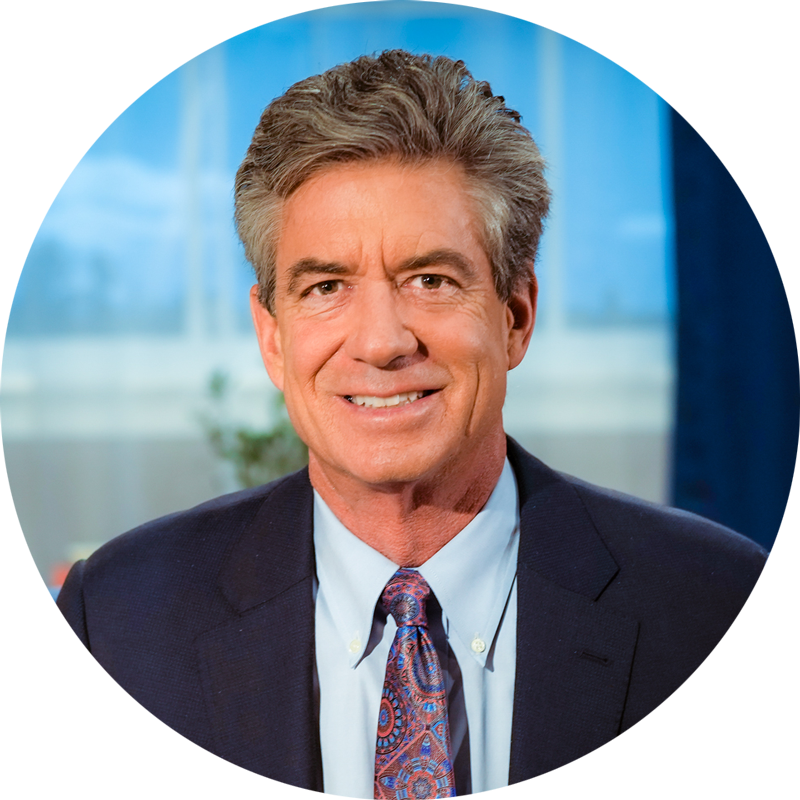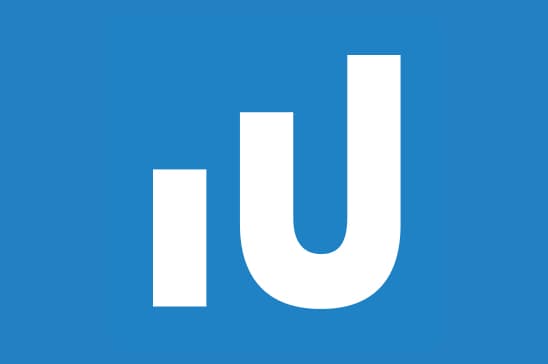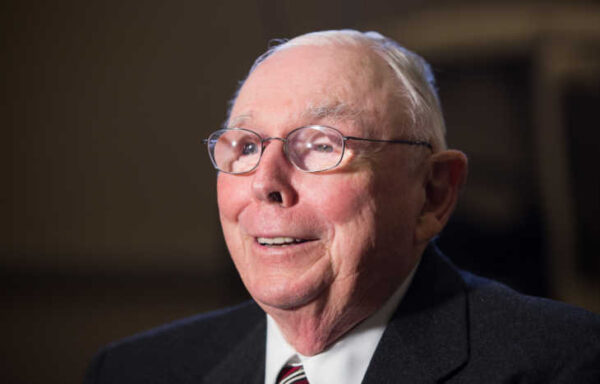The Most Dangerous Myths About Wealth
- Presidential candidate Sen. Bernie Sanders is spouting a myth that capitalism is an oppressive system.
- As Alexander Green explains today, this is far from true. Our free market provides everyone a chance for true wealth.
In a recent New York Times column, David Brooks opined, “Successful presidential candidates are mythmakers. They don’t just tell a story. They tell a story that helps people make meaning out of the current moment.”
Sen. Bernie Sanders, he wrote, is “telling a successful myth: The corporate and Wall Street elites are rapacious monsters who hoard the nation’s wealth and oppress working families.”
Brooks calls this “a very compelling us vs. them worldview that resonates with a lot of people.”
It may resonate. But that doesn’t make it true. (A successful myth, indeed.)
Sanders has spent his life telling Americans that capitalism is all about greed, selfishness and exploitation – and therefore those with the most money are the worst offenders.
But take two minutes to consider Sanders’ claims and you’ll discover how empty they are.
Let’s start with selfishness. Businesspeople don’t get rich by thinking about themselves.
They get rich by thinking about other people, what they want and need, and how it can be delivered better, faster and cheaper.
How is this a bad thing? I’m guessing you don’t want to build your own house, grow your own food, manufacture your own electronics or develop your own medicines.
Help people obtain what they need, and you will prosper. Help a lot of people, and you’ll become rich. Help millions, and you may become a billionaire.
Sanders never explains how helping a few people is laudable but helping millions – as billionaires generally do – is “grotesque and immoral.”
Capitalism takes the rational self-interest that is natural to human beings everywhere and channels it into productive activities that benefit us all.
(Sacrificing your interests for society, the common good, or “the state,” sounds appealing to some. But people around the world and throughout history have risked their lives to escape those systems.)
Let’s turn to so-called greed.
No doubt some businesspeople are not content and believe they’ll never have enough.
But even if you’re the greediest person on earth, no one is going to give you a dime unless you offer him or her something of value.
Capitalism is not a zero-sum game where one person’s gain is another person’s loss. Transactions are always voluntary and for mutual benefit.
That’s why you hear “thank you” twice whenever you do business with someone.
As a consumer, you say “thanks” because you’d rather have the product than the money. The seller says “thanks” because he’d rather have the money than the merchandise.
If this isn’t a win-win, what is?
Let’s turn to exploitation. Again, in a free market, every transaction – including exchanging labor for wages – is voluntary.
If you don’t like a company’s compensation and benefits, you don’t have to work for it.
If you don’t like its goods and services, you don’t have to buy from it.
If you don’t like its policies or payment history, you don’t have to sell to it.
And if you don’t like its management or financial outlook, you don’t have to own its shares.
If this is exploitation, what does economic freedom look like? Yet this anti-business sentiment, while unwarranted, is surprisingly widespread.
Ask someone what teachers do, for instance, and you’ll hear that they educate kids.
Ask what doctors do, and you’ll learn they heal the sick.
Ask what businesspeople do, and you’ll be told they “make money.”
But teachers and doctors make money too. So let’s consider what businesspeople really do.
They offer to make your life better. That’s why every time you enter a commercial establishment, the first words you’re likely to hear are “How can I help you?”
Against this we need a revolution?
In short, Sanders’ anti-capitalist myth resonates primarily with young people who don’t understand how businesses – and the investors who provide them with capital – have made our lives longer, healthier, safer, richer, freer and better than ever before.
Capitalism is something to celebrate – not run against. Spread the word.
About Alexander Green
Alexander Green is the Chief Investment Strategist of The Oxford Club, the world’s largest financial fellowship. For 16 years, Alex worked as an investment advisor, research analyst and portfolio manager on Wall Street. After developing his extensive knowledge and achieving financial independence, he retired at the age of 43.
Since then, he has been living “the second half of his life.” He runs The Oxford Communiqué, one of the most highly regarded publications in the industry. He also operates three fast-paced trading services: The Momentum Alert, The Insider Alert and Oxford Microcap Trader. In addition, he writes for Liberty Through Wealth, a free daily e-letter focused on financial freedom.
Alex is also the author of four New York Times bestselling books: The Gone Fishin’ Portfolio: Get Wise, Get Wealthy… and Get On With Your Life; The Secret of Shelter Island: Money and What Matters; Beyond Wealth: The Road Map to a Rich Life; and An Embarrassment of Riches: Tapping Into the World’s Greatest Legacy of Wealth.






